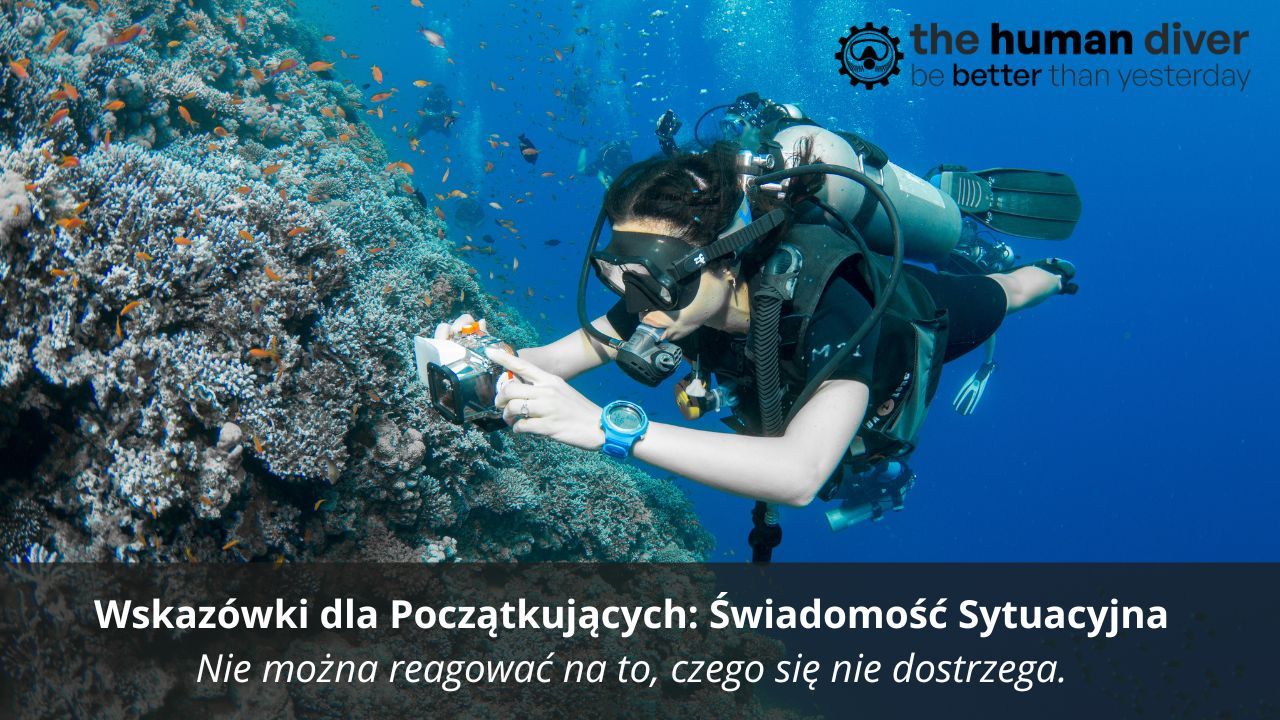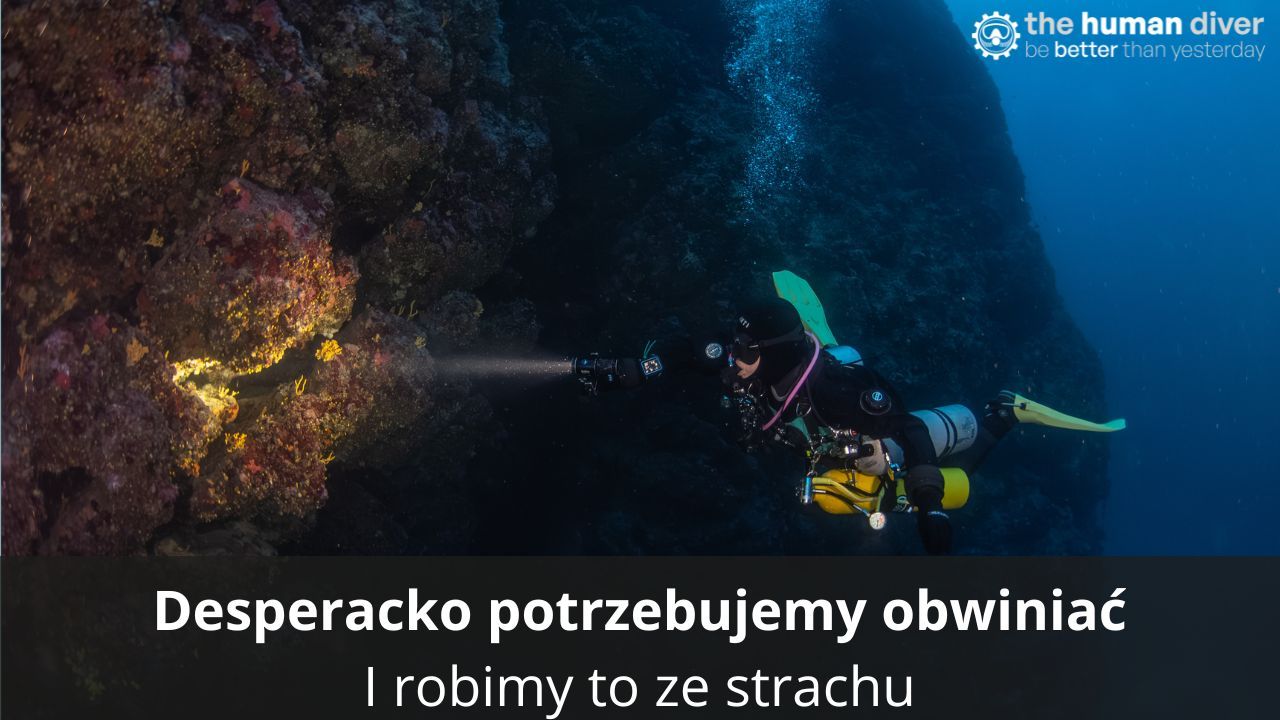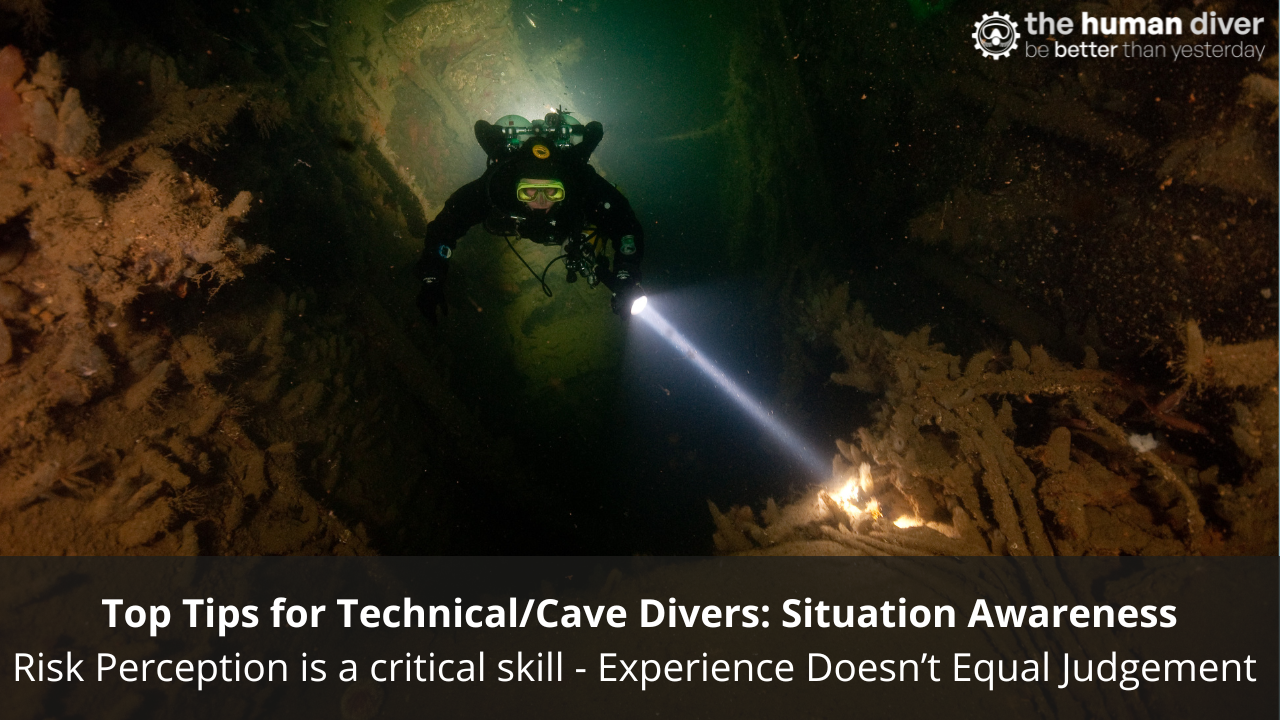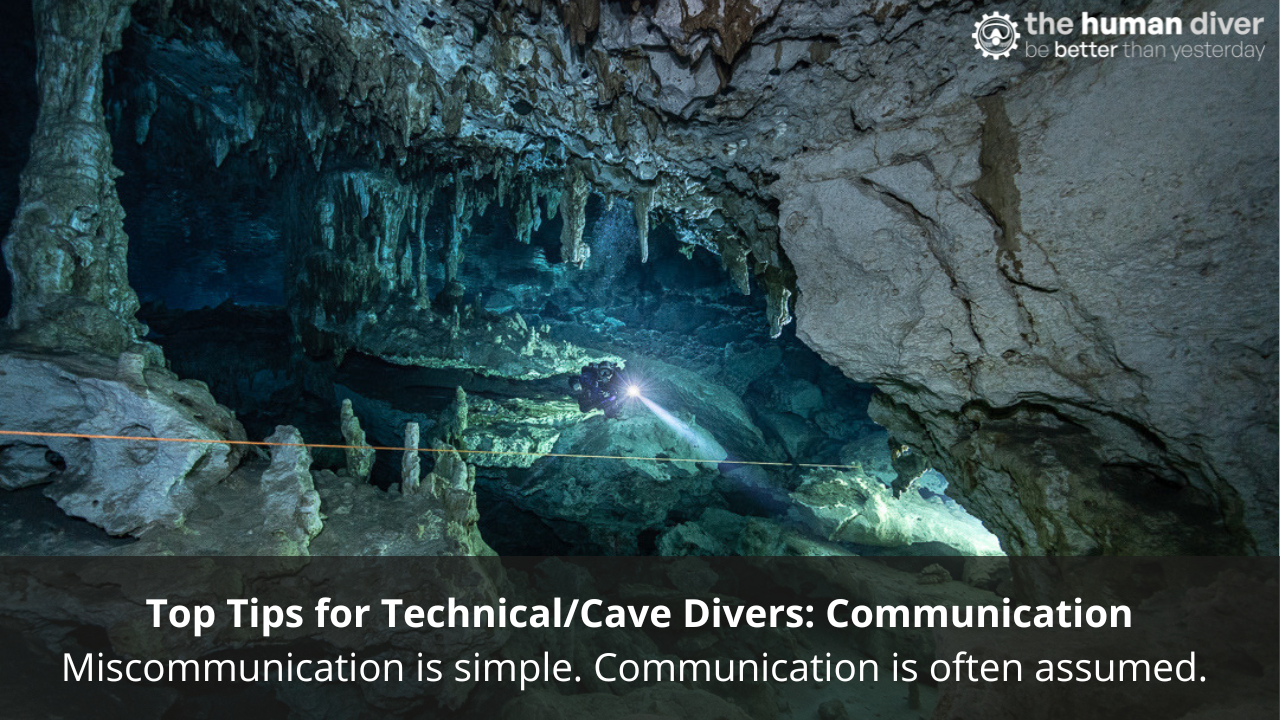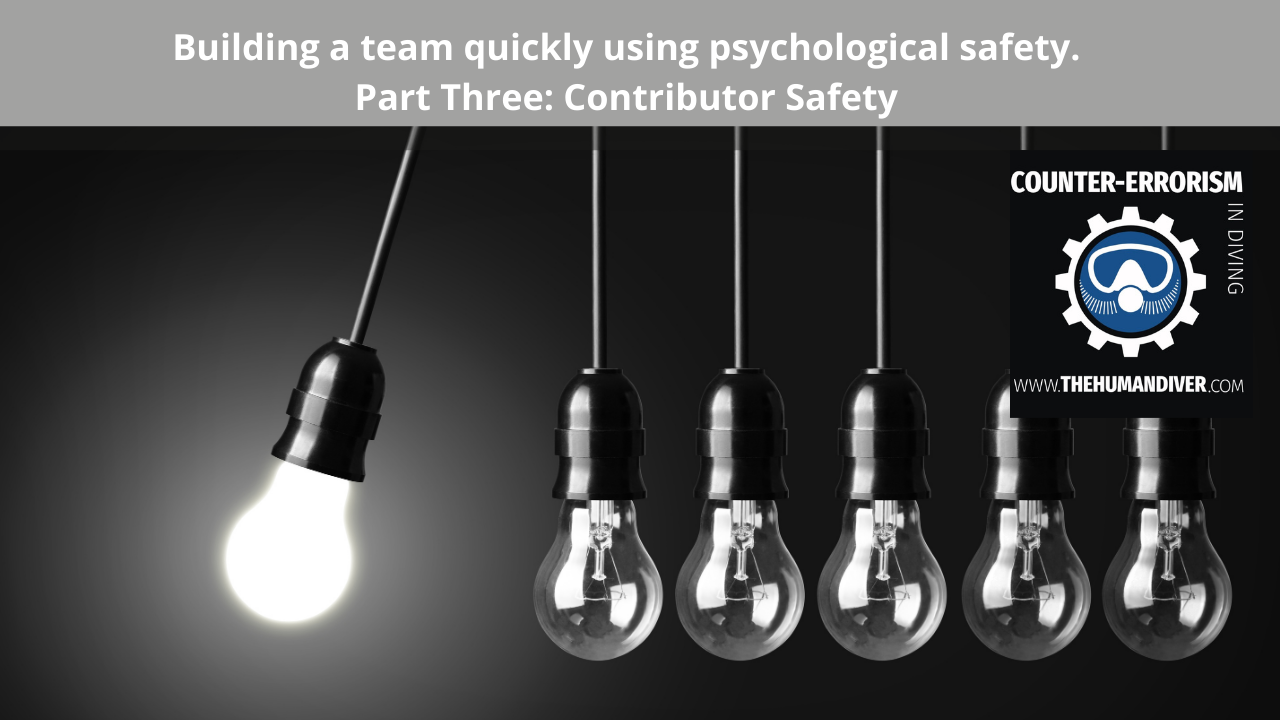
Why is it so hard to create a team quickly in diving? #3 - Contributor Safety
Jan 13, 2021How do you make others feel safe enough to contribute and make a difference?
This is the third part in a series of four blogs which looks at building psychological safety within your instructional setting or ‘fun’ diving environments. The previous two blogs are linked below
Part One: Inclusion Safety
Part Three: Contributor Safety (this article)
Teams improve by learning from what’s happened and harnessing the (diverse) experience within those who are part of the team. Creating thinking divers is the goal or should be the goal, of diver training agencies. In a training environment, it isn’t just about the instructor contributing to the learning experience, but also the instructor developing through contributions from the students. In a ‘fun diving’ environment or while diving on a project or expedition, creating the conditions whereby contributions are welcome and celebrated and this can lead to dives being more exciting and interesting, along with being safer in the process.

Clarify roles. More complexity requires greater teamwork, and yet more role ambiguity causes people to make assumptions about how to contribute. Clarify roles at the beginning to reduce both anxiety and ambiguity. You will need to do this periodically to ensure role clarity. Even in a training environment, when the instructor nominates that one of the students will be undertaking a specific role, this means that there are fewer assumptions being made, and questions and suggestions are more likely to be forthcoming because they know what is going to happen on the dive. In the ‘fun diving’ context, role clarity makes it easier for the members of the team to contribute with suggestions based on their own previous experience and knowledge.
Celebrate small wins. Small wins increase confidence and build momentum to develop and improve. This isn’t about platitudes and ‘atta-boys’ but rather about recognising that it is good to learn something new and develop yourself. When your team members see a series of small wins, that creates a sense of forward motion. Research has shown the benefits of success streaks and the reluctance to break them. Ultimate success may be a way off, but small wins represent continued progress toward your goal. It’s the small wins that fuel the team members’ efforts to continue contributing at a high level. During a training course, it might seem daunting to go from ‘no skill’ to ‘success’ but the incremental gains, and reflecting on those, can help students keep motivated. When on a project or exploration dive, then slowing moving towards goals, despite setbacks, can help the team stay motivated, especially if a contribution has helped solve a problem faced by the team.

Accept bad news. The bad news is part of the experience of every team. Show your team that you want to hear bad news because it’s a measure of performance, and performance can’t improve until we know and accept where we are today. You may be disappointed, but express appreciation to those who bring bad news. Critical feedback is essential to improvement. Unfortunately, while the majority of instructors are given skills on how to give feedback (to differing levels of effectiveness), very few are given the skills about how to receive it. Furthermore, the majority of students are not taught how to debrief a dive, especially when it comes to sub-optimal performance. Finally, when feedback is provided to the organisation about sub-standard instructional performance, it is seen as the first step towards litigation as opposed to an opportunity to learn. Such fear reduces the likelihood of improvement and increases mediocrity and absolute minimums being applied.
Distinguish ability vs. motivation problems. As a leader or instructor, when the team’s contributions begin to lag, your first task is to understand why. As you undertake your analysis, your first question should be: Is this an ability problem or a motivation problem? The corrective action for an ability problem is very different than that of a motivation problem. Ability problems require increased skills, knowledge, and experience and that is your role as an instructor – develop technical skills. However, motivation problems are different and require understanding, confidence, self-efficacy, and accountability. Unfortunately, these skills are not necessarily taught during instructor development. If you don’t know the root of the problem, you may well address it in the wrong way. As an aside, this also applies for technical in-water skills development – if you don’t know how to correct an issue, using rote learning/teaching techniques is unlikely to solve the problem.

Teach the compounding principle. Often your team members or students may not think their contributions are amounting to anything. Help them understand that the right efforts directed in the right direction create a compounding effect over time. Big contributions take time, and often you can’t recognize their effects early on. Praise their consistent efforts, especially when there are no visible signs of success. In the end, the little things become the big things. This is especially true for skills like non-technical skills which take time to develop and their effects to be shown. Delayed gratification pays off.
You might think that students have little to contribute when they are part of a team. However, if you think back to the inclusion safety and the need for a shared purpose of mutual learning, your students can help you improve as an individual and as a team. Look for opportunities whereby they contribute. In the content of ‘fun diving’, by allowing team members to contribute, then you can increase the chance of having more fun and using the cognitive diversity in your team to solve problems you face, this includes in an incident or adverse event. Don’t dismiss others, they might have an answer you haven’t thought about.
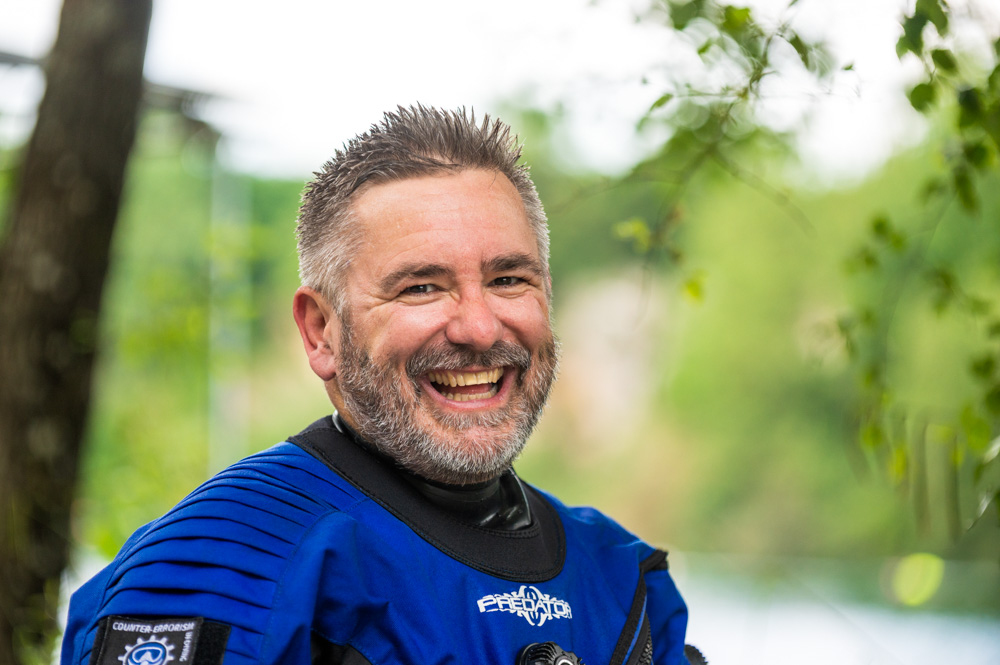
Gareth Lock is the owner of The Human Diver, a niche company focused on educating and developing divers, instructors and related teams to be high-performing. If you'd like to deepen your diving experience, consider taking the online introduction course which will change your attitude towards diving because safety is your perception, visit the website.
Want to learn more about this article or have questions? Contact us.




